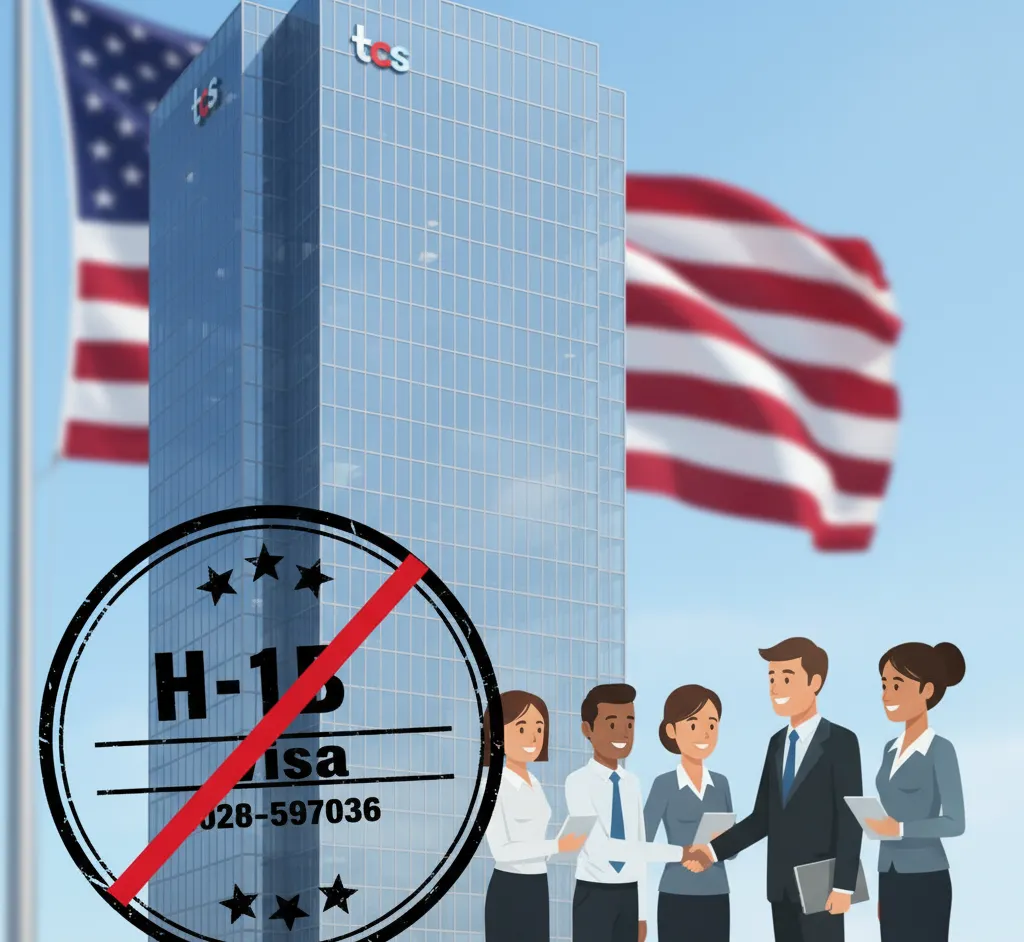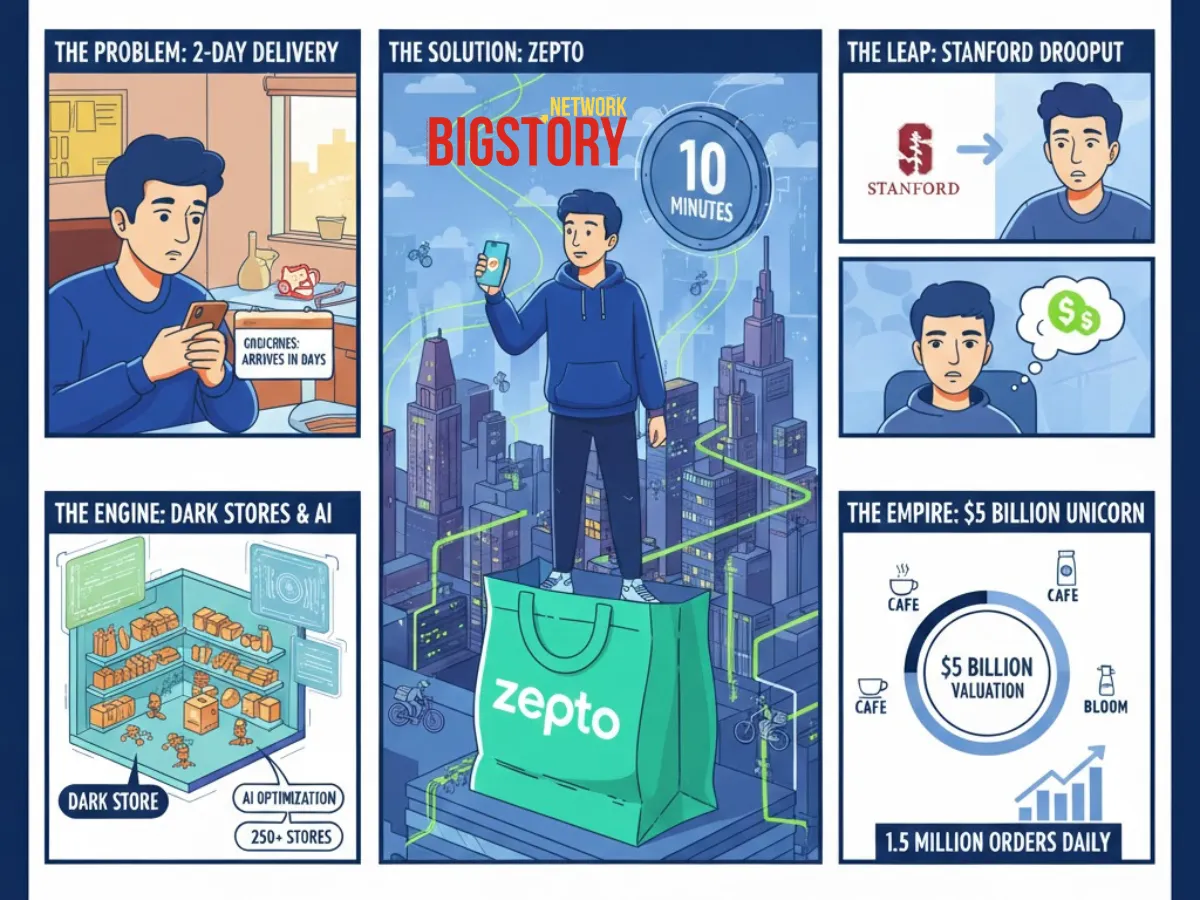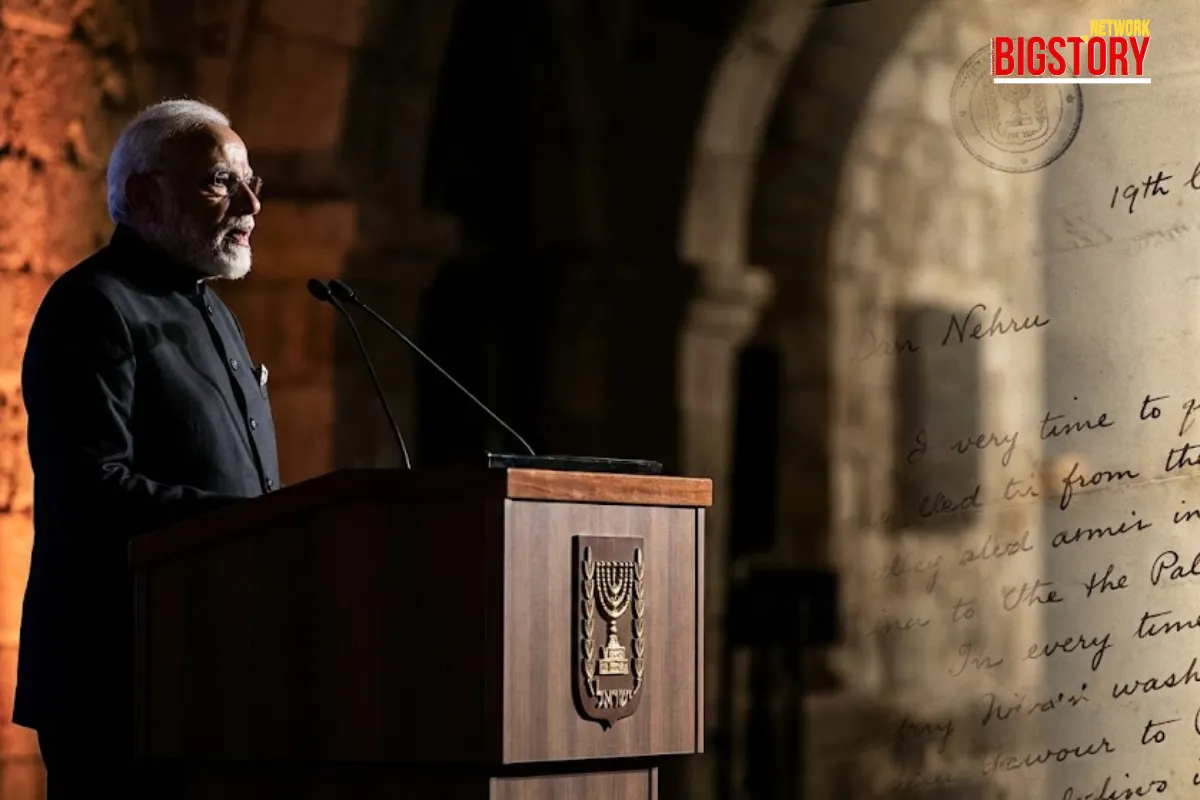TCS halts new H-1B visa hiring in the U.S. after a $100,000 fee hike under Trump’s policy. CEO Krithivasan signals shift to local talent and localisation strategy.
 Sseema Giill
Sseema Giill

Tata Consultancy Services (TCS) has announced that it will freeze all new H-1B visa hiring in the United States, marking a significant strategic shift in its global talent approach. The decision comes in the wake of a $100,000 visa application fee imposed by the Trump administration, sending ripples through the Indian IT industry.
Speaking in Hyderabad on October 11, 2025, TCS CEO K. Krithivasan confirmed the company’s H-1B hiring pause, noting that the firm already has around 500 H-1B employees in the U.S. and does not plan to increase that number in the near term.
“We have enough people on H-1 already in the U.S. I don’t think we would be looking for adding to that count anytime now,” Krithivasan said.
“We are looking to increase our local participation.”
This statement underscores a strategic localisation push, aligning with similar hiring models that TCS has already deployed successfully in Latin America and Europe.
In August 2025, the Trump administration introduced a US$100,000 fee per new H-1B application, aimed at reducing U.S. companies’ reliance on foreign talent and encouraging domestic hiring.
The move has shocked Indian IT exporters, who have traditionally relied on the H-1B program to place engineers and project specialists in client locations across the U.S. For TCS, this fee makes each new H-1B hire economically unsustainable, prompting a decisive shift toward local U.S. recruitment.
TCS’s Chief Human Resources Officer Sudeep Kunnumal stressed that the company’s business model is flexible enough to adapt to immigration policy changes.
“Our business model will be able to adapt quickly to any changes in immigration policy,” Kunnumal said. “We’re focusing on local hiring, supported by AI-driven personalized learning and training programs.”
Industry experts expect companies to increasingly rely on L-1 intra-company transfers — a more cost-effective visa route — to maintain onshore presence without incurring steep H-1B costs.
The H-1B freeze is expected to have mixed consequences:
Meanwhile, the Information Technology Industry Council has warned that steep visa fees could slow down digital innovation for U.S. businesses dependent on offshore expertise.
This decision is not just about cost—it reflects the shifting geopolitical relationship between India and the U.S. on labor and trade.
Washington’s stricter visa regime has accelerated localisation strategies among Indian IT giants. TCS’s move may trigger similar action from other major players like Infosys, Wipro, and Tech Mahindra, potentially reshaping the future of global IT delivery.
TCS’s decision marks a turning point in how Indian IT companies navigate U.S. immigration policy. With localisation now at the core of strategy, companies are preparing to balance cost, compliance, and talent availability in a rapidly changing global environment.
As visa barriers rise, the race for local talent in the U.S. is likely to intensify—pitting Indian IT exporters against American firms for skilled workers. Whether this shift strengthens or strains the long-standing U.S.-India tech corridor remains to be seen.
Q1: Why did TCS freeze new H-1B hiring?
TCS cited the Trump administration’s $100,000 H-1B fee and its existing headcount as reasons, choosing to focus on local U.S. hiring instead.
Q2: How many H-1B employees does TCS currently have in the U.S.?
Roughly 500, according to CEO K. Krithivasan.
Q3: What impact will this have on TCS operations?
It will increase local employment in the U.S., potentially raise costs, and reduce visa-related expenses.
Q4: Will other Indian IT firms follow suit?
Experts predict similar moves from Infosys, Wipro, and Tech Mahindra, who face the same visa fee impact.
Q5: Is TCS exiting the H-1B program entirely?
No. The freeze applies to new H-1B hires, not existing holders or L-1 intra-company transfers.






Sign up for the Daily newsletter to get your biggest stories, handpicked for you each day.
 Trending Now! in last 24hrs
Trending Now! in last 24hrs



